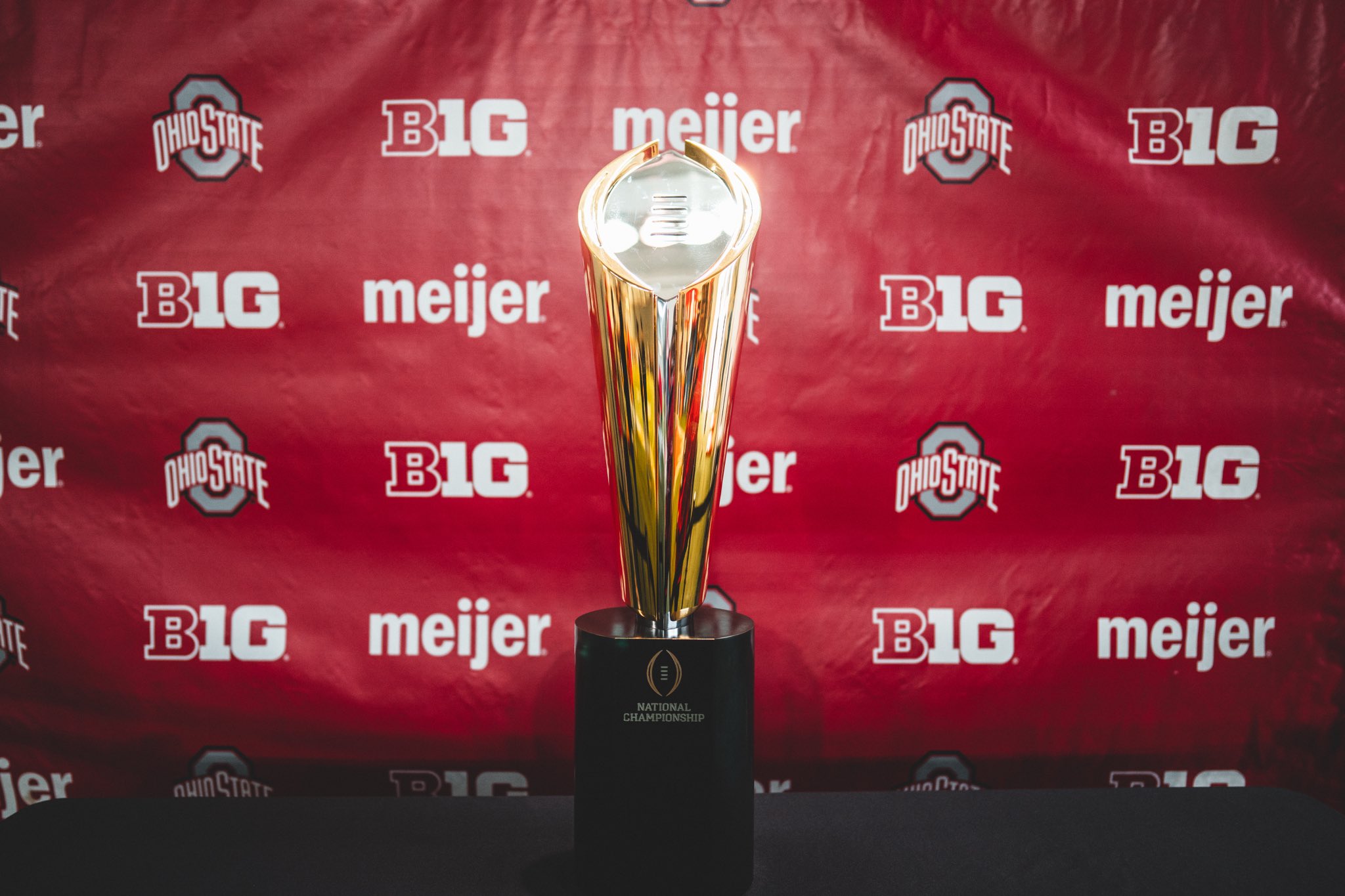
For decades, The Game—the annual clash between Ohio State and Michigan—stood as college football’s most iconic rivalry. It wasn’t just a contest for bragging rights. It was often a season-defining battle that decided Big Ten titles and national championship trajectories. But in today’s rapidly evolving college football landscape, the meaning and impact of this storied rivalry are shifting—perhaps permanently.
With the recent expansion of the College Football Playoff to twelve teams, and Ohio State winning a national championship despite falling to Michigan in the regular season, fans and analysts alike are forced to ask: has The Game lost some of its luster?
Traditionally, neither Ohio State nor Michigan had ever claimed a national title in a season where they lost to each other. That changed when Ohio State rebounded from a regular season defeat to the Wolverines by storming through the College Football Playoff, winning four straight and hoisting the national championship trophy. It was unprecedented—and telling.
From the Buckeye faithful’s perspective, it’s an achievement worth celebrating. And while fans up north might argue it diminishes the title because the Buckeyes didn’t win The Game, let’s not kid ourselves. If the roles were reversed, Michigan fans would be proudly wearing championship hats and making the same arguments we are now. That’s the nature of fandom—and rivalry.
But this situation underscores a broader truth: the sport has changed. Much like the NFL, where regular-season losses—even to rivals—can be overcome en route to a Super Bowl victory, college football is increasingly defined by what happens in December and January, not November. Undefeated champions are becoming rare. And with a longer postseason, depth, resilience, and momentum are more important than perfection.
To illustrate this shift, imagine you’re a Cleveland Browns fan. If offered a Super Bowl win at the cost of two regular-season losses to Pittsburgh, would you take it? Absolutely. And Steelers fans would, too, if the script were flipped. That’s where college football is heading—if it’s not already there.

For years, The Game was everything. Woody and Bo, 2006’s 1-vs-2 showdown, and countless Big Ten-deciding matchups made the rivalry what it was: a gateway to glory. But now, with the potential for Ohio State and Michigan to meet again in the Big Ten Championship—and perhaps even a third time in the playoff—the dynamic has shifted.
Imagine a scenario where the two teams face off in November, again in the Big Ten title game, and then potentially in the national championship. What does that initial regular-season meeting really mean? Coaches may even consider resting starters or holding back parts of the playbook to save an edge for the higher-stakes rematch.
Yes, the rivalry will still carry weight. The colors, the history, the emotions—those things won’t disappear overnight. But when the national title is still attainable despite a loss in The Game, the stakes inevitably shift. The clash at season’s end starts to feel less like the culmination of everything and more like just another checkpoint.

It’s a hard pill to swallow, especially for traditionalists who grew up living and dying by what happened on that final Saturday in November. The passion won’t fade, but the implications might. Even the legendary Woody Hayes and Bo Schembechler, were they alive today, might acknowledge the new reality: national championships carry more weight than any single rivalry game, even one as iconic as Ohio State vs. Michigan.
This doesn’t mean we stop caring. It doesn’t mean we stop chanting “O-H” or feeling that rush of adrenaline when the Wolverines come to town. But we must admit: the game has changed. College football has entered a new era. And while part of us may long for the simpler days of winner-takes-all in The Game, we now live in a time where the road to a title is longer, more complex, and occasionally, more forgiving.
So yes, we lost to Michigan—but we also hoisted the national championship trophy. And that, Buckeye Nation, still means everything.












